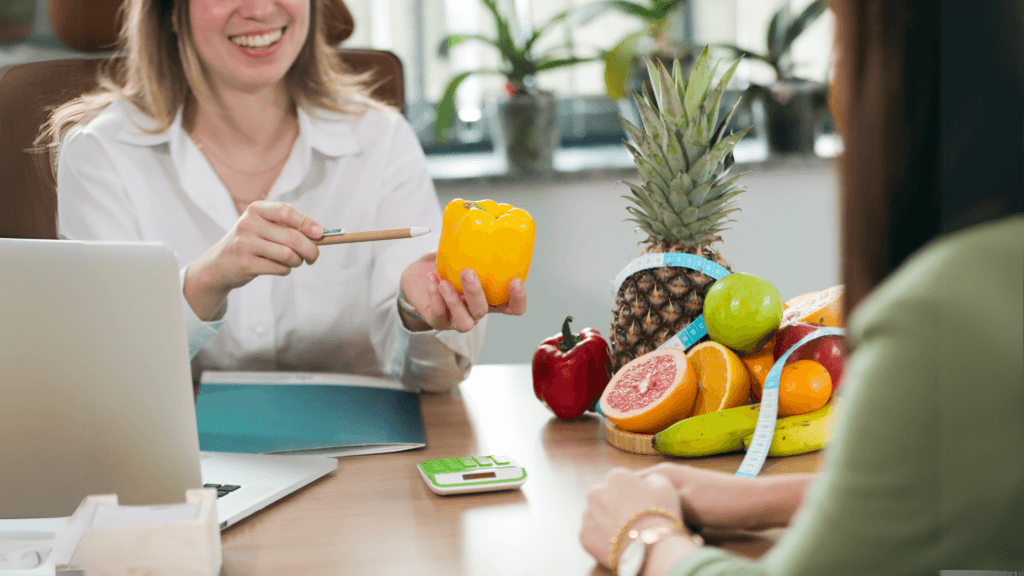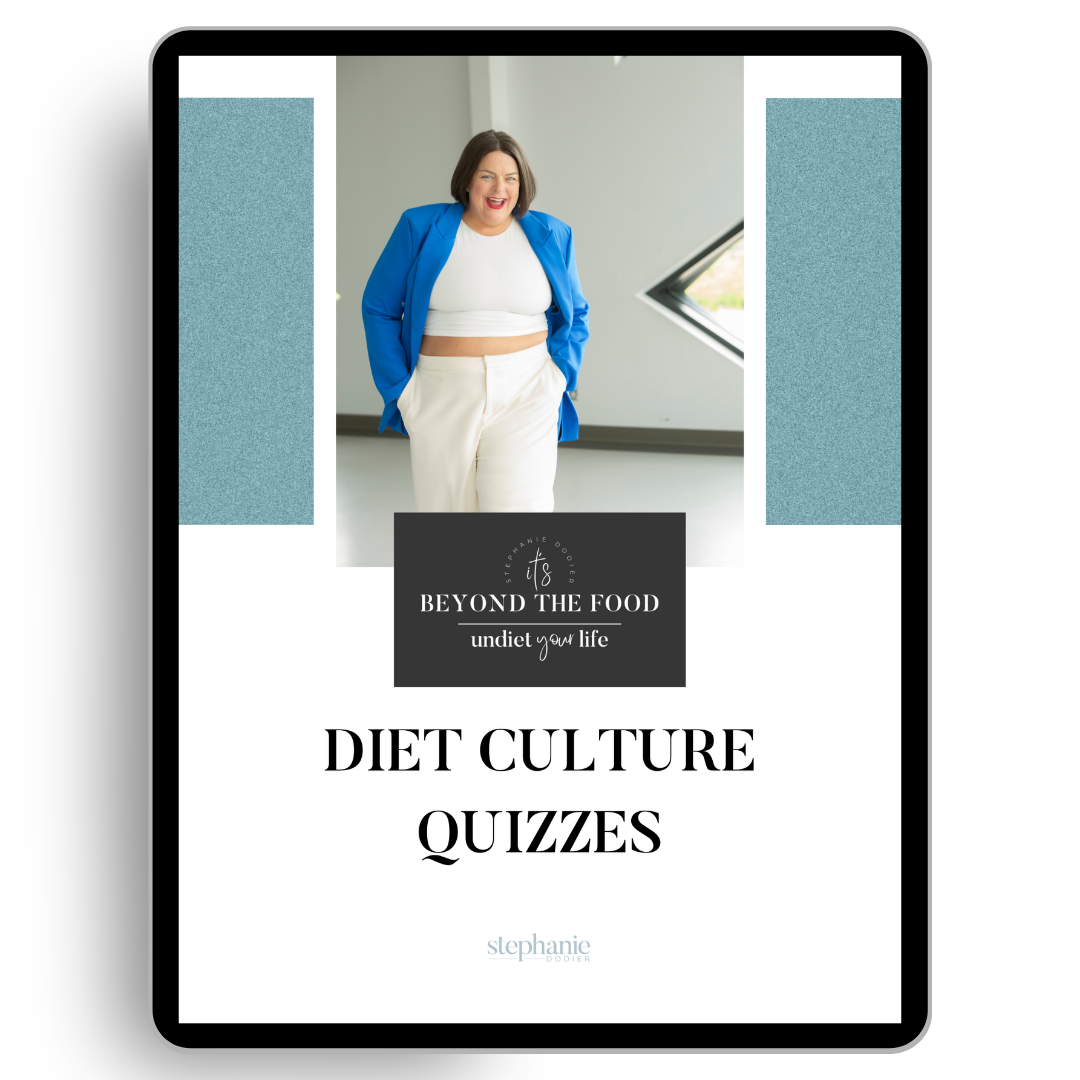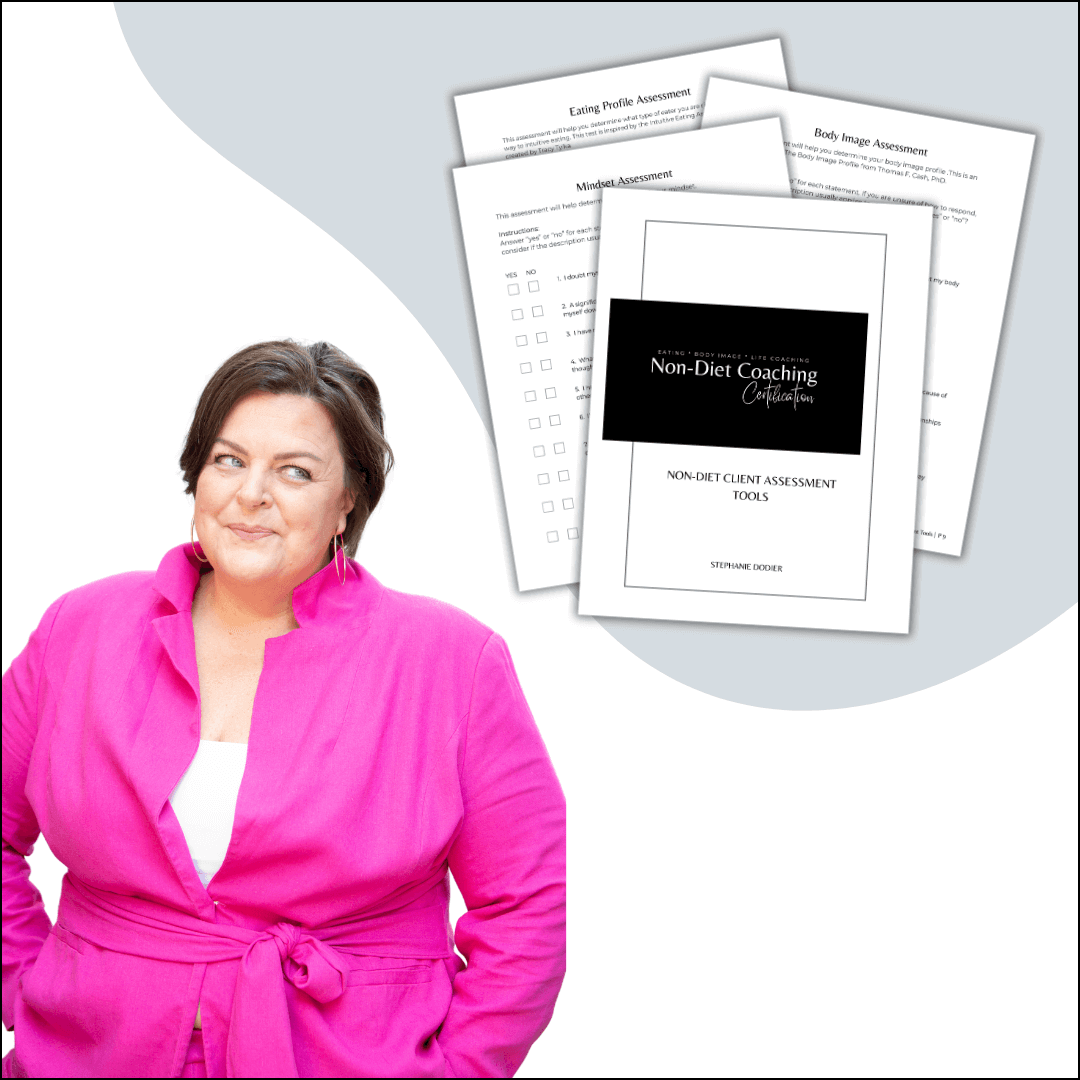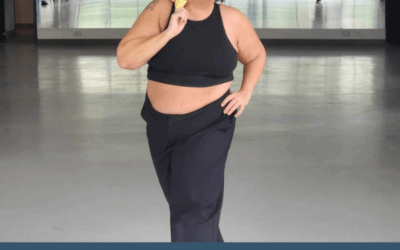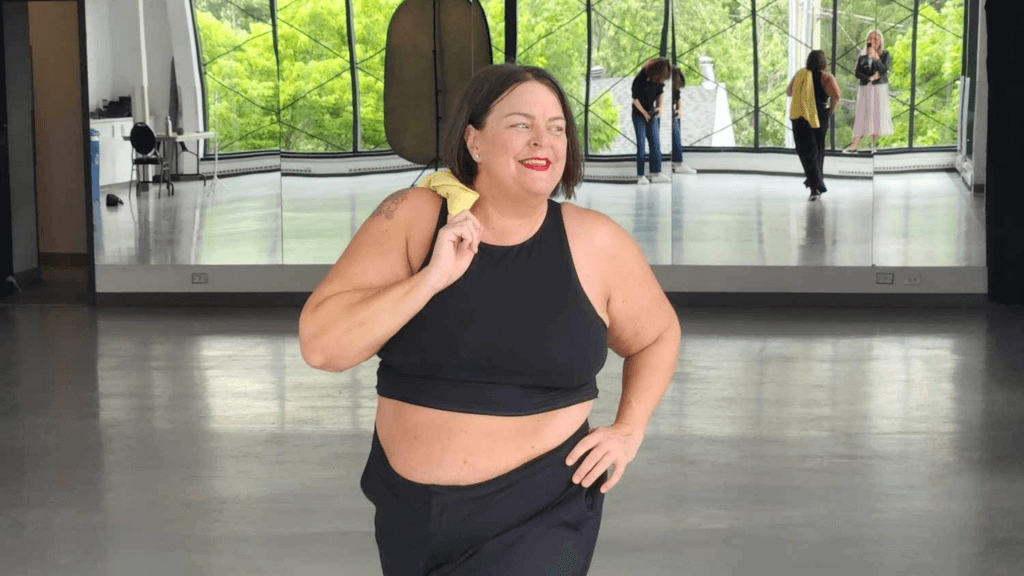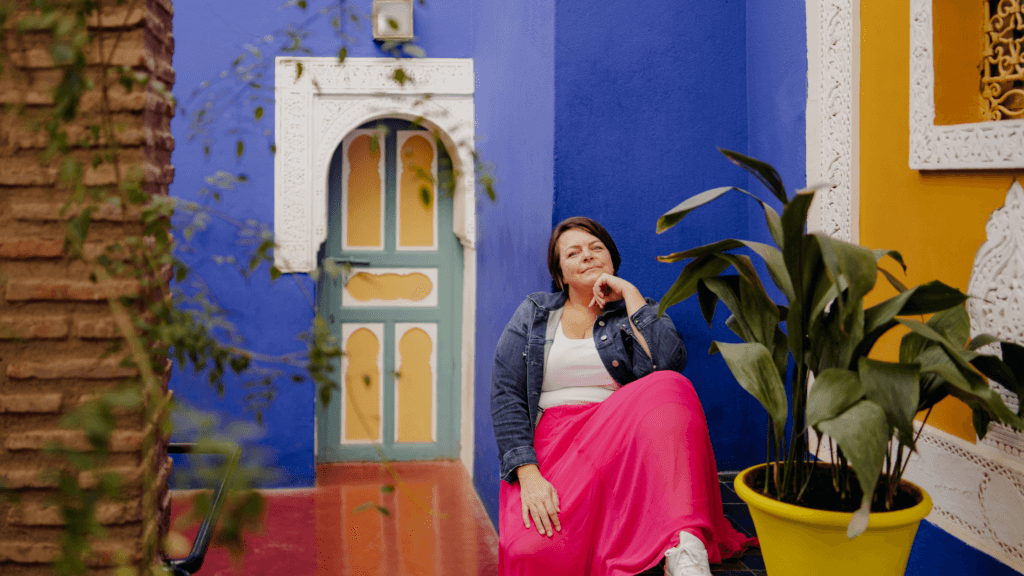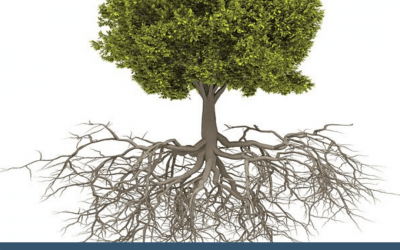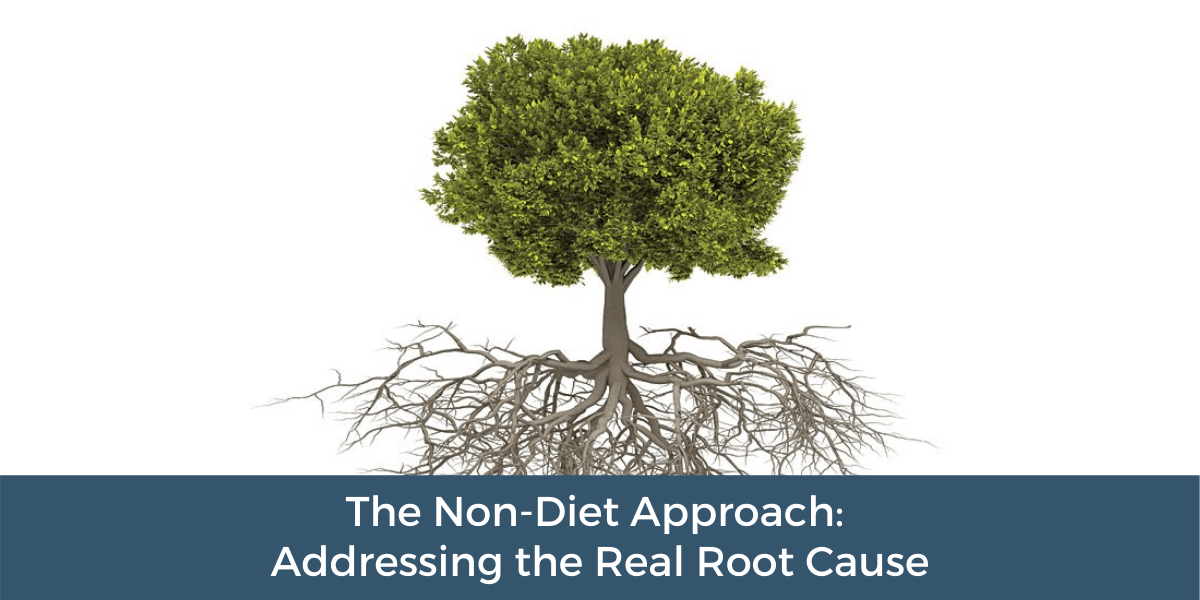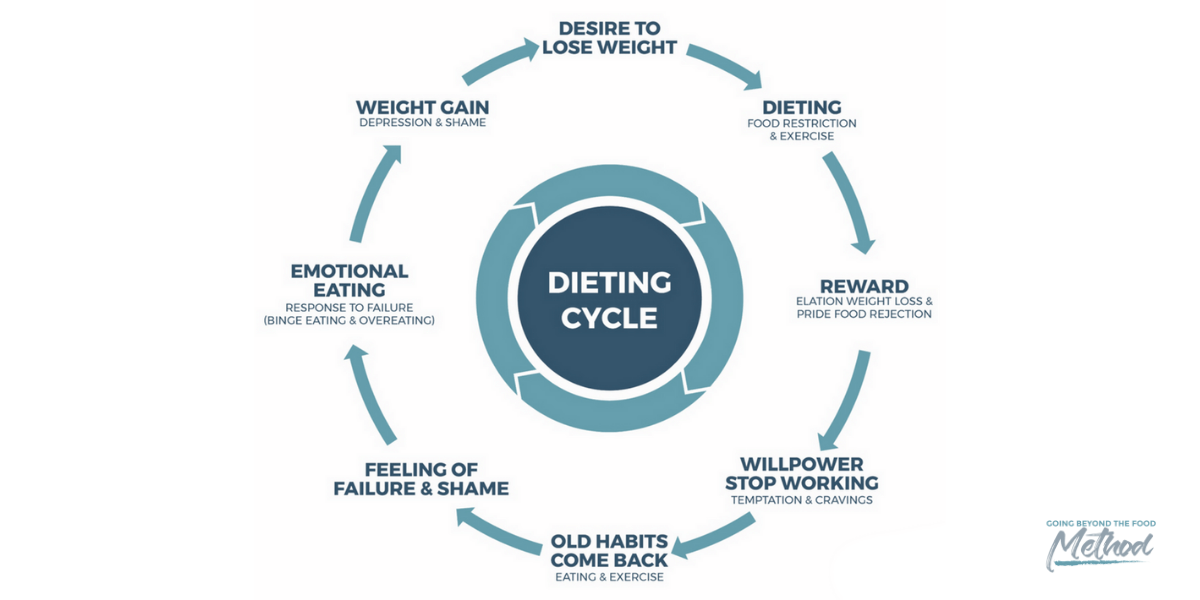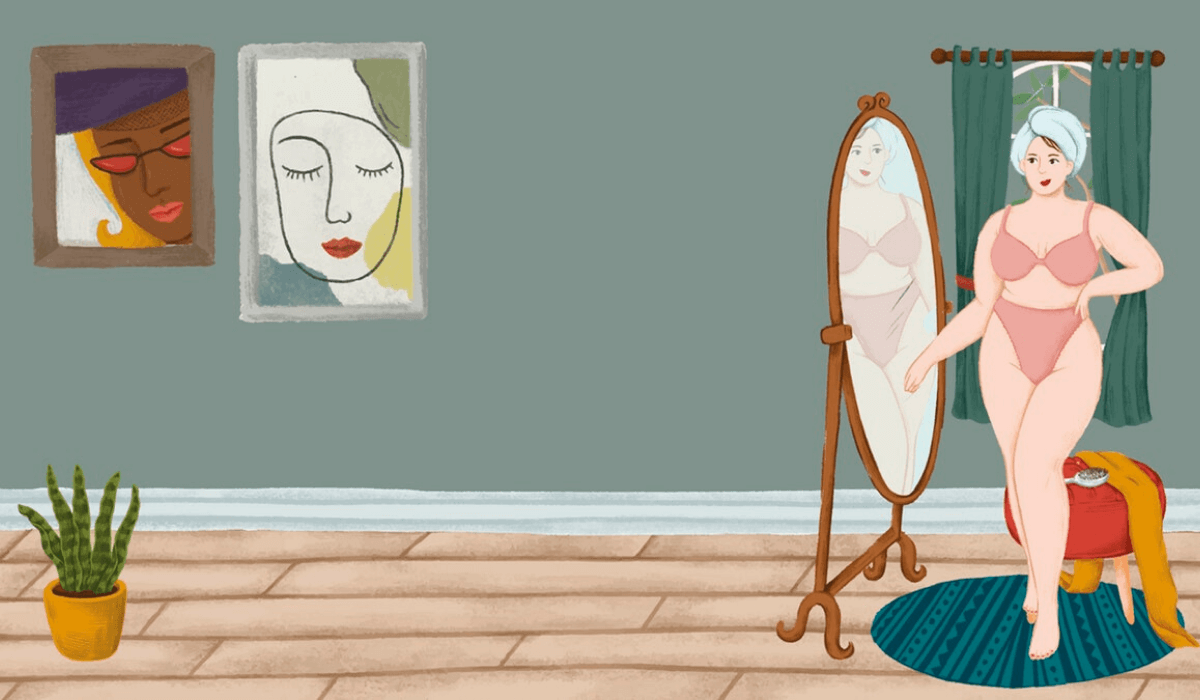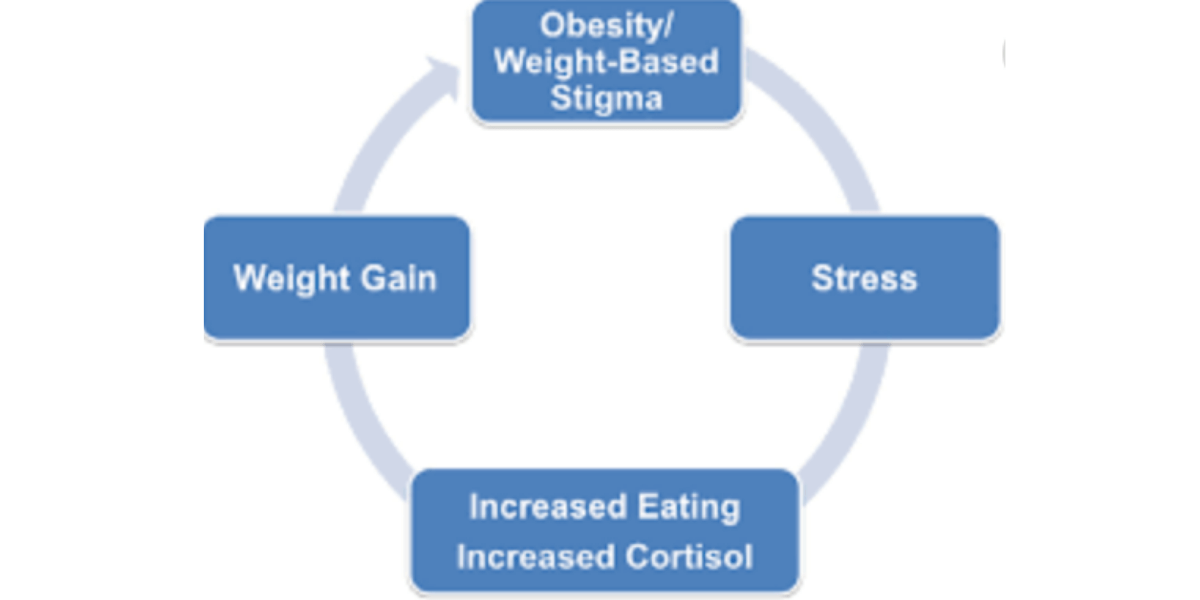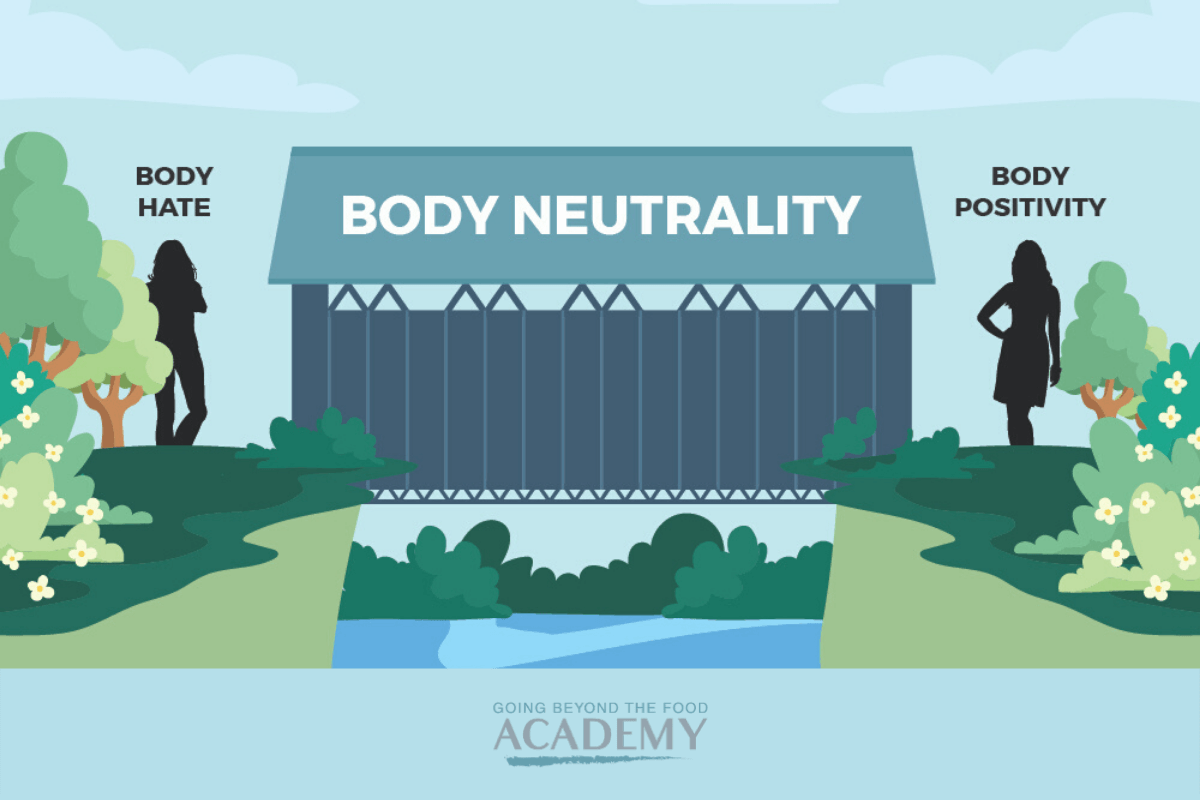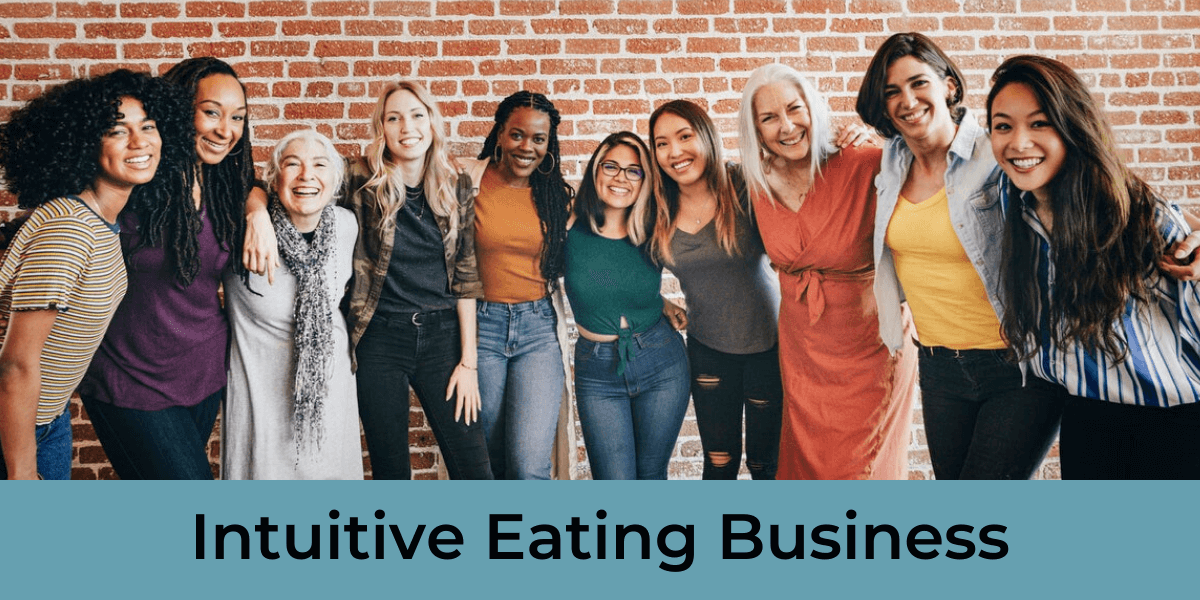Healthism: A Guide for Women
Health is undeniably important for overall well-being, but when the pursuit of health takes on an obsessive, moral, or judgmental tone, it can transform into something more harmful than helpful—this is what we call healthism. Especially for women, the pressure to embody an ideal of perfect health often becomes entangled with societal expectations, personal worth, and even consumer culture. This guide aims to unpack healthism, its impact, and how to recognize when your desire to be healthy has crossed a line.
What is Healthism?
Healthism is a belief system that places disproportionate value on individual health and views it as the ultimate measure of personal worth. In essence, it equates being healthy with being virtuous. Much like diet culture, which idealizes thinness, healthism idealizes optimal health and often disregards the societal, environmental, and genetic factors that influence it.
Key tenets of healthism include:
- Health is entirely within individual control.
- Health is a moral obligation.
- Those who are healthy are perceived as superior to those who are not.
While prioritizing health seems positive on the surface, the ideology of healthism ignores the nuances of health, such as its natural fluctuations and the myriad external influences that are beyond personal control. For women, this is compounded by societal pressures to “do it all”—to be the ideal partner, parent, and professional while also being flawlessly healthy.
How Healthism Manifests in Women’s Lives
The societal push for women to prioritize health often begins with subtle messaging, such as:
- Ads promoting “clean eating” or “wellness routines.”
- Social media influencers showcasing unattainable standards of health.
- Advice framing health behaviors as moral choices (e.g., “good” vs. “bad” foods).
Over time, these messages can lead to unhealthy behaviors disguised as wellness, including:
- Over-reliance on supplements or detoxes: Women may feel compelled to spend exorbitantly on wellness products that promise perfection.
- Perfectionism in diet and exercise: Strict regimens with no room for flexibility can result in burnout or disordered eating patterns.
- Judging self-worth by health status: Women may feel inadequate or guilty for experiencing normal health fluctuations like menopause or illness.
For example, a woman going through menopause might believe her symptoms signify a failure to prepare her body adequately. This not only stigmatizes natural health transitions but also fosters feelings of guilt and inadequacy.
Rather listen the audio version of this blog? We’ve got you…
We also have a version of this podcast for health professional
The Link Between Healthism and Self-Worth
One of the most damaging aspects of healthism is how it ties health to self-worth. Many women internalize the belief that they must be healthy to be valuable. This can manifest as:
1. Internalized Shame: Feeling “less than” because of perceived health shortcomings.
2. Constant Anxiety: Obsessing over health choices and fearing judgment from others.
3. Never-Ending Pursuit: Chasing an ideal of health that is both unrealistic and ever-changing.
This fixation often leads to a cycle of striving and failure. When health is positioned as a moral responsibility, any deviation can feel like a personal shortcoming, triggering a fight-or-flight response to “regain” worth.
Recognizing Problematic Patterns in Your Health Journey
How can you tell if your pursuit of health has become problematic? Reflect on the following questions:
1. Do you feel guilty when you deviate from your health routine?
2. Are you spending excessive time or money chasing health ideals?
3. Do you tie your self-worth to your ability to follow strict health rules?
4. Are you ignoring external factors (like genetics, stress, or life circumstances) in your assessment of your health?
5. Do you delay happiness or self-acceptance until you achieve “perfect health”?
If you find yourself answering “yes” to many of these questions, it may be time to reassess your relationship with health.
Shifting Perspectives: A Balanced Approach to Health
Recognizing and addressing healthism requires a shift in mindset. Here are some steps to cultivate a healthier relationship with health:
1. Acknowledge Health as a Spectrum
Health is not binary—it is not something you either “have” or “lack.” It is a dynamic and multifaceted aspect of life that fluctuates due to factors both within and beyond your control.
2. Separate Health from Self-Worth
Your worth as a person is not determined by your health status. Practice self-compassion and recognize that being human involves imperfections, including health challenges.
3. Reclaim Autonomy in Health Choices
Shift from “I have to” to “I choose to.” Decide which health practices genuinely enhance your life rather than adhering to rigid rules imposed by societal pressures.
4. Challenge the Narrative of Personal Responsibility
Understand that you control only a small portion of the factors influencing your health. Research shows that external determinants like socioeconomic status, environment, and genetics play a far more significant role than individual choices.
5. Focus on Enjoyment, Not Obligation
Instead of forcing yourself into a strict health regime, explore activities and foods you genuinely enjoy. This reframes health as a source of pleasure rather than pressure.
Moving Forward: The Bright Side of Wanting to Be Healthy
When approached from a place of self-love rather than fear or obligation, the pursuit of health can be empowering. By redefining health as a personal, flexible, and nonjudgmental practice, women can liberate themselves from the oppressive grip of healthism.
Imagine exercising not because you feel you must, but because your body craves movement. Or choosing foods based on satisfaction and nourishment rather than societal labels of “good” or “bad.” This shift fosters a sense of autonomy and well-being without the weight of perfectionism.
Final Thoughts: Liberating Yourself from Healthism
Healthism may present itself as a pursuit of wellness, but its darker side often brings stress, guilt, and dissatisfaction. For women, disentangling self-worth from health is not just a personal journey but also an act of defiance against societal norms that impose unattainable standards.
By recognizing the signs of healthism and adopting a balanced approach to health, you can reclaim your time, energy, and joy. Remember, your value is not determined by your health status—you are inherently worthy, just as you are.
Want to learn more about redefining health and cultivating self-compassion?
You can access all of our services on our work with us page. We have a number of programs and service levels enabling us to serve most women:
Free Resources and Masterclasses: Get started and get to know us better!
Private coaching with Stephanie and her team Stephanie and her team of Certified Non-Diet Coaches are waiting to support you in a one-to-one setting with an individualized plan.
It’s Beyond The Food – Undiet Your Life group coaching program is for women to learn how to eat intuitively, become body neutral, and learn self-coaching at their own pace while being supported in a group setting by Stephanie and her team of Certified Non-Diet Coaches.
Non-Diet Coaching Certification for professionals ready to integrate the Going Beyond The Food Method™️ in their practice and for women wanting to become Certified Coach and build a business coaching other women beyond the food.

